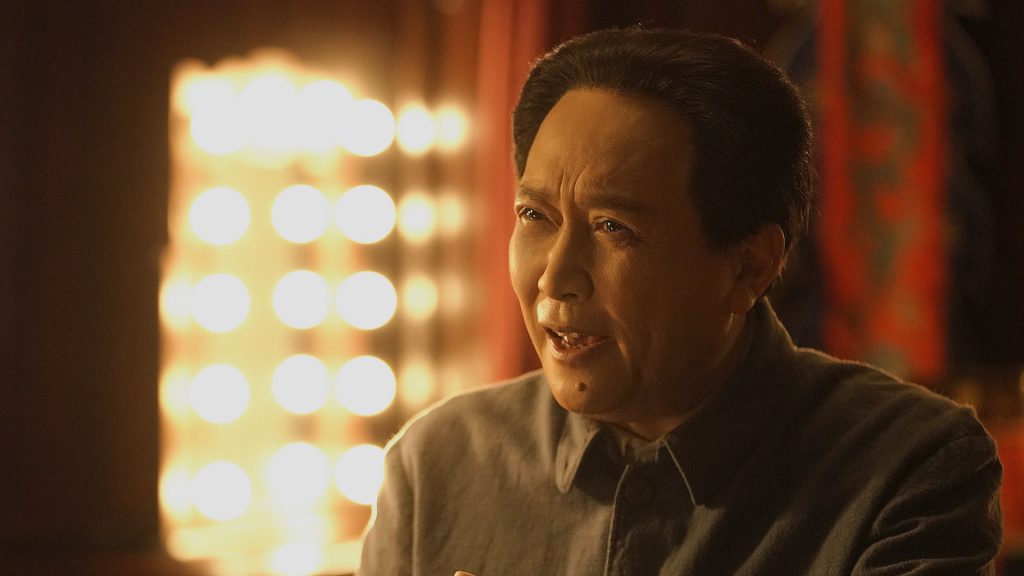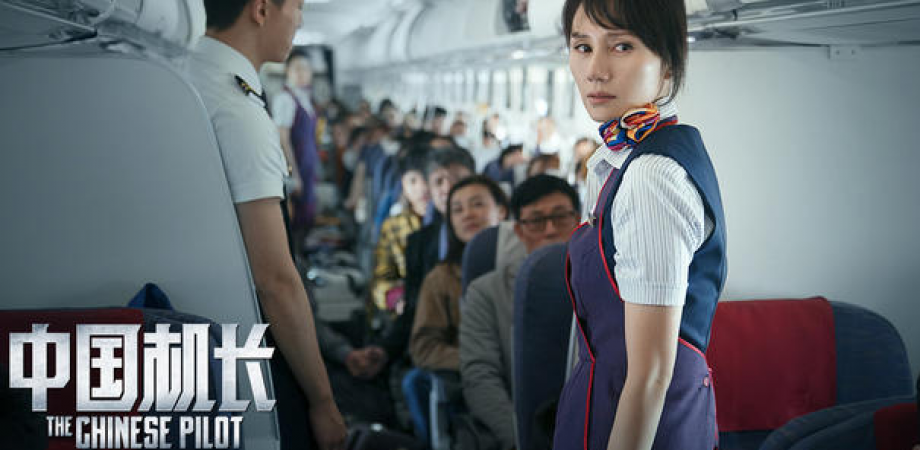Three films released for the PRC’s 70th anniversary come with social and political imperatives sometimes at odds with the characteristics of successful commercial film.
On July 16, 2010, an oil pipeline at a port facility in the northeastern Chinese city of Dalian exploded as oil was offloaded from a tanker. The fire ignited by the explosion burned for nearly 20 hours. One firefighter, Zhang Liang, who was maintaining a pump feeding water from the bay to the firefighters in the depot, drowned in the oil-slicked shallows on July 20, after four days maintaining the pump. His drowning, the attempt to save him, and a startling image of his oil-covered body being carried from the water were documented by photographer Lu Guang.
On October 11, 2013 a fire broke out in a shopping mall in Western Beijing, and two firefighters, Liu Hongkun and Liu Hongkui, died inside the building fighting the blaze. While there were no photographers present inside the building, images of the two firefighters’ bodies being carried from the charred building later proliferated online. A recording of a speech given by a fire captain at the scene to a large group of mourning firefighters, encouraging them to extinguish the blaze, attracted further attention on social media.
Both disasters serve, along with a non-fiction book about the Dalian disaster, as the basis for The Bravest, the first of three films released by Beijing production house Bona Film Group in the months before China’s October 1 National Day. The anniversary of the founding of modern China is already an important and politically significant holiday in the country under normal circumstances, but is suffused with additional significance in 2019, as the People’s Republic of China marks 70 years.
Alongside the tales of heroism depicted in The Bravest, which hit theaters on August 9, a narrowly averted airline disaster serves as the basis for the third film in the trilogy, The Captain, released on September 30. In between these two films was Mao Zedong 1949, a re-telling of the failed peace talks between Communist and rival Nationalist leaders outside Beijing in 1949, the Communists’ military campaign across the Yangtze river, and the capitulation of Nationalist strongholds in Nanjing and Shanghai.
All three are entries in a patriotic genre loosely defined as zhuxuanlu (主旋律), and all three are commercial films with subtle and overt social and political imperatives, sometimes at odds with the characteristics of successful commercial film and sometimes not. All include primary source material and limited contextualization in the end credits. A number of patriotic films besides Bona’s hit theaters for National Day, and each one of them raises old, stubborn questions about the complex and not necessarily contradictory relationship between commercially successful media and political narrative, principal among them the urgent need to depict a cohesive, developed, and globally influential nation. Continue to read the full article on RADII.
– This article originally appeared on radiichina.com







